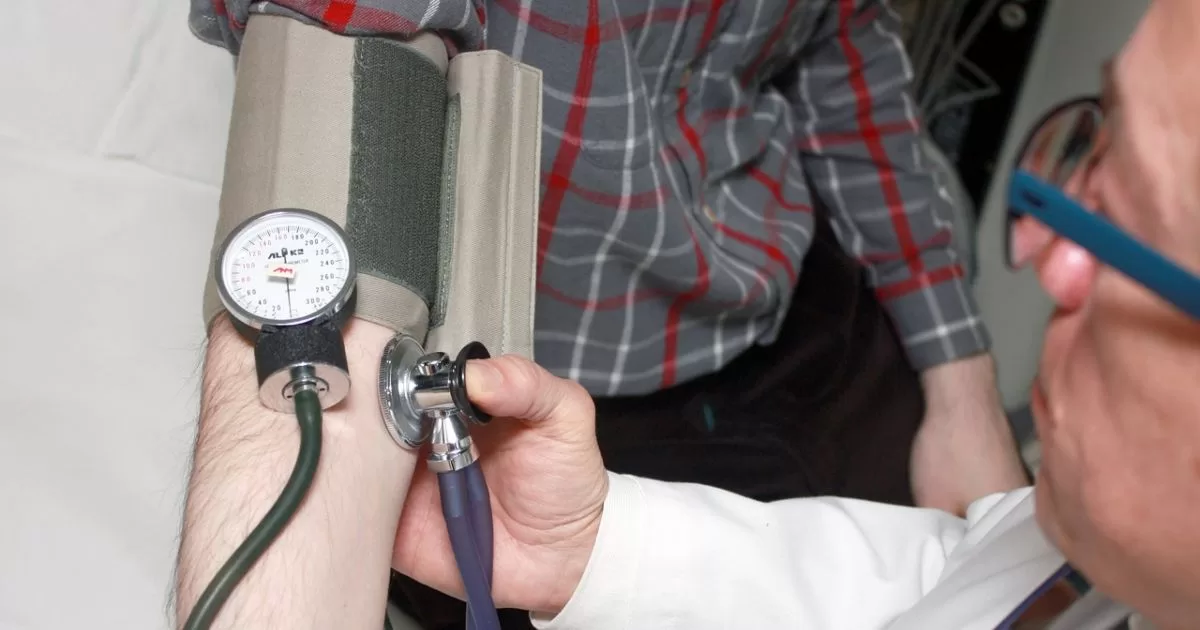MIAMI.- 41.9% of American adults suffer from obesityaccording to figures from the Centers for Disease Control and Prevention (CDC), a condition that increases the risk of diseases such as diabetes and cancer, heart disease and stroke.
Researchers of the TH Chan School of Public Health at Harvard University and the National Institutes of Health investigated the reasons why Americans get so sick and determined that “ultra-processed foods”which make up the majority of the American diet, are among the main causes.
Ultra-processed foods are industrial formulations made from substances derived from food or synthesized from other organic sources.
Kevin Hall, a senior investigator at the NIH’s National Institute of Diabetes and Digestive and Kidney Diseases, conducted a study in 2019 in which he randomly assigned “ultraprocessed” and unprocessed diets for two weeks to a group of participants, followed immediately by an alternative diet for two more weeks.
This allowed him and his team to verify the strong link that exists between diets rich in ultra-processed foods and excessive calorie consumption. “Although our diets matched several nutrients of concern, what we found was that People who ate ultra-processed foods consumed around 500 more calories per dayduring the two weeks that they were on that diet compared to the minimally processed diet,” indicated the researcher, reviewed by the magazine The Harvard Gazette.
Additionally, those who ate an ultra-processed diet gained weight and gained body mass that they then spontaneously lost when they ate a minimally processed diet.
What are processed foods?
According to Hall, ultra-processed foods are one of the four categories of the NOVA food classification system, developed by the School of Public Health at the University of São Paulo, in Brazil.
In the first category are the minimally processed or unprocessed foods, such as fresh fruits and vegetables, poultry and eggs. In the second, there are the “processed culinary ingredients”such as sugar or salt, which are added to Category 1 foods to prepare meals.
In the third category are the processed foods, which are a combination of categories 1 and 2, such as canned beans or vegetables, cured meats, fresh bread, and cheeses. While in the fourth there are the ultra-processed foodswhich are packaged snacks, frozen dinners, protein bars, pastries and more.
To manufacture these foods, a process is carried out that includes extrusion, molding and pre-processing by frying. For example, shelf-stable breads found in the supermarket are actually “very sophisticated emulsified foams”explained Jerold Mande, CEO of Nourish Science and associate professor of nutrition at the Chan School, who previously held positions at the Food and Drug Administration and the Department of Agriculture.
Ultra-processed foods and the risk of diseases
Hall’s research team is also doing a follow-up study to look at the different qualities of ultra-processed versus whole foods, including energy density, taste, and portion sizes.
“Those are just two potential mechanisms, the calories per gram of food (i.e., the energy density of the food) and the proportion of foods that have nutrient pairs that cross certain thresholds, foods high in sugar and fat, salt and fat, and salt and carbohydrates,” he noted.
However, researchers agree that obesity and diseases such as diabetes, cancer and cardiovascular diseases have increased along with the consumption of ultra-processed foods.
“We’re starting to see a little bit of evidence that Some ultra-processed foods may have a higher risk of disease and chronic illness than others”said Josiemer Mattei, Donald and Sue Pritzker associate professor of nutrition at the Chan School.
He mentioned, for example, that greater consumption of ultra-processed foods in general is associated with a greater risk of eventually developing type 2 diabetes. “And more emerging evidence comes with cardiovascular diseases, especially for coronary heart diseases,” he noted.
@ebritop22
Source: With information from The Harvard Gazette

